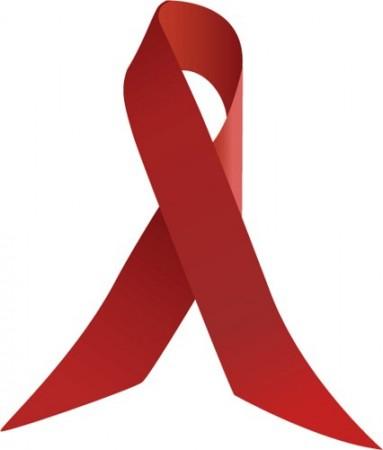
A team of researchers have found a powerful antibody produced by the immune system that blocks HIV infection by targeting VIV2, a site on the virus, according to ANI News report.
The clinical trial of the experimental HIV vaccine has fairly succeeded among people and the analysis of the result suggests that antibodies within VIV2 sites are protective.
The new research pointed the way towards producing more effective vaccine that would create V1V2-directed HIV neutralizing antibodies.
The study was conducted by scientists at the National Institute of Allergy and Infectious Diseases (NIAID). They began identifying HIV infected volunteers who naturally produced V1V2-directed HIV neutralizing antibodies, CAP256-VRC26, after months of infection.
The researchers examined the blood samples of the volunteers between 15 weeks and 4 years of infection.
The scientists analyzed the samples and were able to determine the genetic make-up of the original form of the antibody, define and identify the structure of the intermediate forms. It also allowed them to describe the relationship between virus and antibody that encouraged the maturation of CAP256-VRC26, most effective HIV-fighting form.
The study showed that after few mutations, the early intermediates of CAP256-VRC26 can neutralize a significant part of known HIV strains.
This improve the chances of V1V2-directed HIV vaccine being more effective, according to scientists.
















